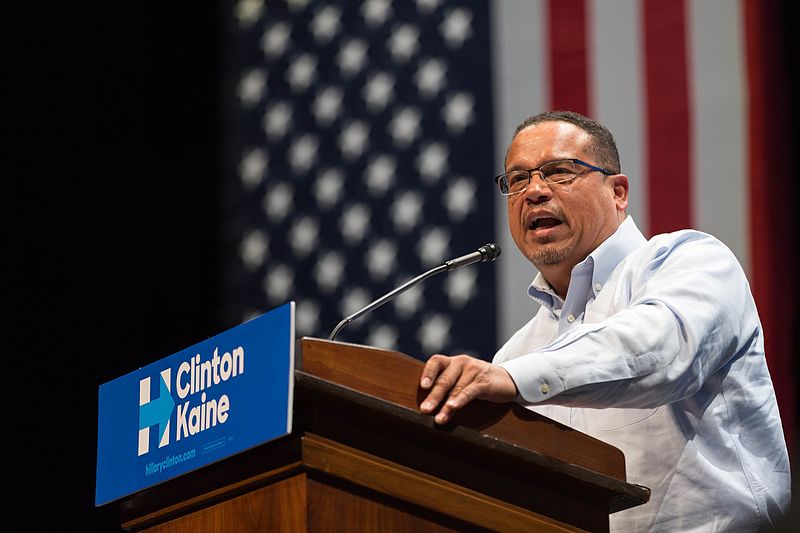In the 2016 election, a red wave swept across this country. Not only did Republican presidential candidate Donald Trump win the presidency, but Republicans also held on to their control of Congress. Democrats have fewer seats in the House of Representatives than any time since 1929. Meanwhile, Republicans hold the highest amount of governorships since 1922. These developments have left the Democratic Party in disarray and bred great uncertainty over the direction of the party. If Democrats hope to win future elections, they need to rebuild the Democratic Party electorate by crafting an economic populist narrative.
One of the primary difficulties facing the Democratic Party is finding common ground between the moderates and the left wing portions of the party. As the Democratic Party moves toward this ambiguous future, leaders are embracing members that represent the broad spectrum of the Democratic Party. Newly elected Senate Minority Leader Chuck Schumer selected a range of Democrats to serve on the Senate Leadership Team. He included moderates such as Sens. Dick Durbin, Patty Murray, Joe Manchin III and Mark Warner, as well as progressives such as Sens. Bernie Sanders, Elizabeth Warren and Tammy Baldwin.
The future political agenda of the Democratic Party will likely be reflected in whoever is elected chairperson of the Democratic National Committee, as the committee chairperson is influential in shaping the message and direction of the committee and the Democratic Party. The committee’s ultimate goal is to get Democrats elected, a priority that includes raising money to support Democrats at the state and federal level. The leading contender for committee chairperson is Rep. Keith Ellison, a progressive who supported Sanders in the Democratic primary. Ellison is black and Muslim, and is co-chairman of the Congressional Progressive Caucus. He has already received endorsements from Schumer, Sen. Harry Reid, Sanders and Warren. Other contenders for the position are former committee chairman Howard Dean and South Carolina Democratic Party Chairman Jaime Harrison. Harrison, the first African-American to lead the South Carolina Democratic Party, previously served as executive director of the House Democratic Caucus and as counsel to Rep. James Clyburn of South Carolina.
One of the primary tasks facing the Democratic Party is crafting and shaping a message that appeals to various demographics. This is essential to rebuilding the Democratic electorate in order to win state and federal elections. The best strategy for Democrats aiming to appeal to a broad electorate is to put forth an economic populist message, as a message that mitigates inequality is a message that will appeal to a variety of demographics. Democrats need to communicate this message across the country, not just in swing states or states that typically vote Democratic. In addition, the future leaders of the Democratic Party need to become the face of the Democratic Party. This means that elder progressives such as Sanders and Warren need to take a backseat to young leaders such as Sens. Cory Booker, Kirsten Gillibrand, and Sen.-elect Kamala Harris. Finally, Democrats need to be willing to use any tactic or strategy at their disposal to win. As this past election ultimately demonstrated to liberals, winning is the only thing that matters.
Leslie McNamara is a public policy graduate student specializing in health policy. She can be reached at lamcnamar@gmail.com.



